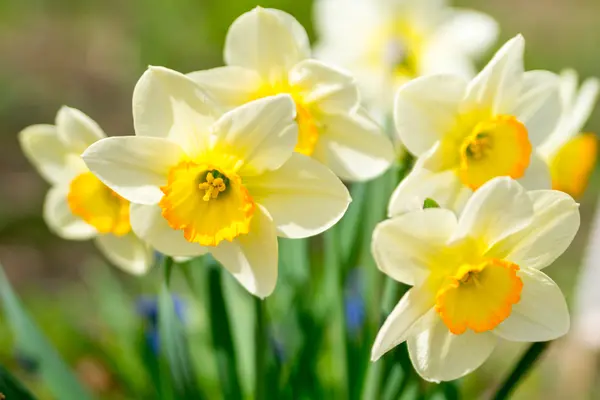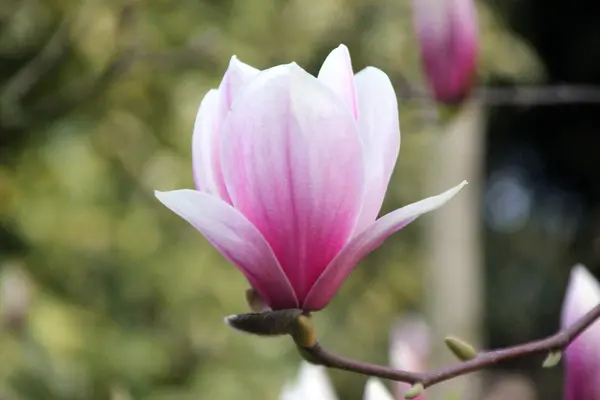Did you know that you prepare for spring in the autumn? Autumn is the perfect time to plant cheerful spring bloomers. Think of bulbs like tulips and daffodils, but also lesser-known flower bulbs that bloom in winter, such as yellow winter aconites. You can plant flower bulbs anywhere: among perennial plants, in the grass, and in containers and pots on your terrace and balcony. So, go wild with the wide assortment of spring bulbs at our garden center in Reading! And keep an eye on our site for more practical and inspiring bulb tips and tricks!
When and where to plant spring bulbs?

- You can plant them almost anywhere now, as long as it's outdoors, because spring bulbs need a cold (frost) period to bloom. You can even plant them in December, as long as it doesn't freeze and the ground isn't frozen.
- Plant bulbs in well-draining soil, as they can rot if they're too moist.
- Small bulbs can also thrive in a pot or container. Make sure there's a hole or holes in the bottom and place a layer of pot shards and hydro granules at the bottom. Also, mix some sand into the potting soil. This prevents your bulbs from rotting.
- In the grassy area or lawn, you can plant snowdrops, crocuses, daffodils, star hyacinths, and Oriental anemones (Anemone blanda). Lift a piece of sod with a spade, plant the bulbs, and replace the sod. Press it down if necessary. Only mow the grass in spring once the greenery of the bulbs has completely withered, or mow around them until then. For added assurance, consider placing a label or stick where you've planted the bulbs.
- Check the label or ask an employee at our garden center if a bulb prefers a sunny or more shaded spot. Tulips and daffodils are usually sun-lovers, while bluebells and the edible wild garlic, for example, prefer shade.
How to plant spring bulbs?

- Plant bulbs, especially the small ones, as soon as possible, or they may dry out.
- The golden rule is to plant the bulb two or three times as deep as the bulb is large/tall. Let the tip point upwards. If you can't clearly see the top of a bulb, plant it on its side, and leaves and flowers will grow towards the top on their own.
- For the spacing between bulbs, keep about twice their own width. Make sure the bulbs don't touch each other, whether in a pot or in the ground.
- For a natural look, scatter the bulbs loosely over the spot where you want them and plant them where they land. Just make sure they don't touch.
- In pots and containers on your balcony or terrace, you can combine several types. This is called the 'lasagna method' because you work in layers. Place the largest and latest blooming types at the bottom. Then add a layer of potting soil mixed with sand and plant the smaller and earliest blooming bulbs in it. Make sure the bulbs don't touch each other and aren't too close to the edge of the pot (as they might freeze). If you plant winter pansies on top, you'll already enjoy your flowerpots and containers.
More bulb planting tips

- For prolonged blooming, you can trim the faded flower heads later on, but leave the leaves. That's where the bulbs draw their energy from to bloom again next year.
- Early-blooming bulbs also make many insects happy and increase biodiversity!
With our pre-spring tips, you'll ensure a radiant garden next spring. Come by our garden center for robust spring bulbs and plant them while the ground is still warm! See you soon at our garden center in Reading.




